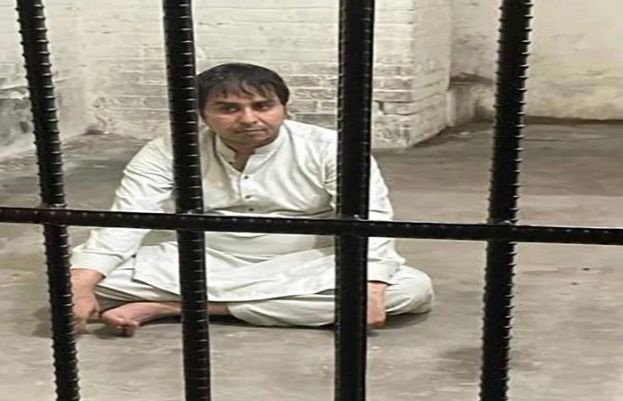A top U.S. scientist overseeing COVID-19 vaccine trials expects a large U.S. study to determine how effective AstraZeneca’s experimental inoculation is, following perplexing results from other trials released by the company and partner Oxford University.
AstraZeneca Plc is one of the leading vaccine developers, but interim data released Nov. 23 from trials in Britain and Brazil showed a vastly divergent performance when the vaccine was tested in two different dose combinations.
According to the company, a small group of trial subjects inadvertently received a half dose followed by a full dose, instead of the planned two full doses. In that group, the vaccine proved to be 90% effective at preventing illness. But the larger group that received two full doses showed a 62% success rate.
Although 62% efficacy is above the benchmark set by regulators to declare a COVID-19 vaccine a success, it pales when compared with efficacy of 95% and 94.1% demonstrated in large trials for vaccines from Pfizer Inc and Moderna Inc, respectively.
A U.S. study of AstraZeneca’s vaccine involving about 30,000 volunteers is in the works and should produce data by late January.
“We feel very comfortable that we designed a really good trial in the United States, where everybody’s getting boosted in a uniform time, and we know what the dose is,” said Dr. Larry Corey, co-leader of the U.S. Coronavirus Vaccine Prevention Network, who helped design and is overseeing trials for the U.S. government Operation Warp Speed program.
The dosing in the British trial “wasn’t done correctly,” Corey maintains. Still, the dosing difference does not fully explain the variation in effectiveness seen in the U.K. and Brazilian trials, he said.
“One of the issues with the Oxford data is that there’s a lot of lack of uniformity in the schedule and the dose that makes interpretation of the results difficult at best,” he said in a phone interview.
There were also differences in the intervals between doses in the U.K. trial versus the Brazilian trial, as well as significant differences in the age range included in the studies. For example, everyone in the 90% effective group was under the age of 55, a group less susceptible to severe COVID-19.
“My personal summation is that there seems to be effectiveness in the AstraZeneca vaccine from this other trial that provides optimism that the current trial in the United States will define that effectiveness,” said Corey, a virologist at Fred Hutchinson Cancer Research Center.
AstraZeneca did not respond immediately to a request for comment.
Moncef Slaoui, chief adviser for the Operation Warp Speed vaccine program, said last week the British and Brazilian trials may not be enough to ensure the vaccine receives a U.S. Food and Drug Administration emergency use authorization.
Results and potentially a request for U.S. emergency use authorization by AstraZeneca could come in late January, he said.
AstraZeneca has said it is considering a new global trial based on the half dose first regimen.
The U.S. trial calls for testing the original regimen of two full doses.
Should AstraZeneca decide to run a new U.S. trial testing the half dose first option, Corey said, the United States was unlikely to help foot the bill.
“Companies get to decide what they want to do,” he said. “I’m sure they’ll have to fund it themselves, or maybe somebody else would fund it for them.”







